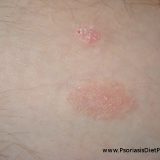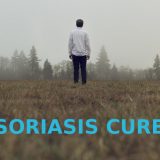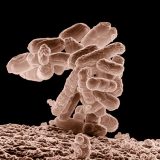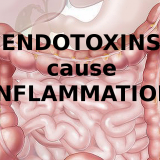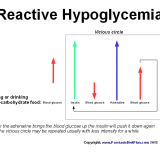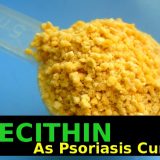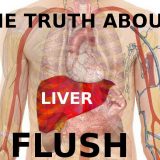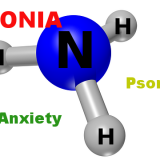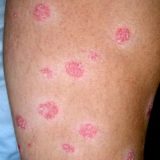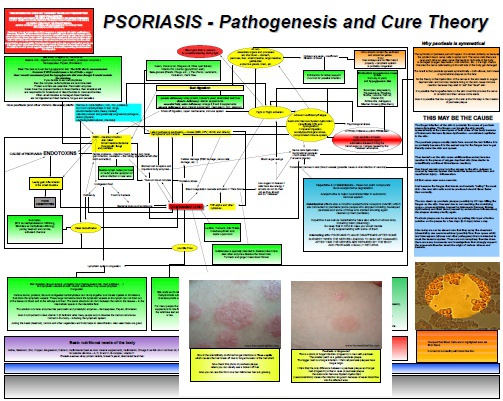Vegans, Raw and Fruitarians have Anxiety Disorders
I really mean it – a lot of vegans, fruitarians, raw foodists and other kinds of similar creatures have anxiety which they cope with by carefully watching what they eat. This is a form of OCD combined with anorexia which both belongs to anxiety type of disorders. I don’t know how did I end up following some people on Facebook but I really like it! So many manipulative, stupid and crazy wall posts coming from them… I really like how…


